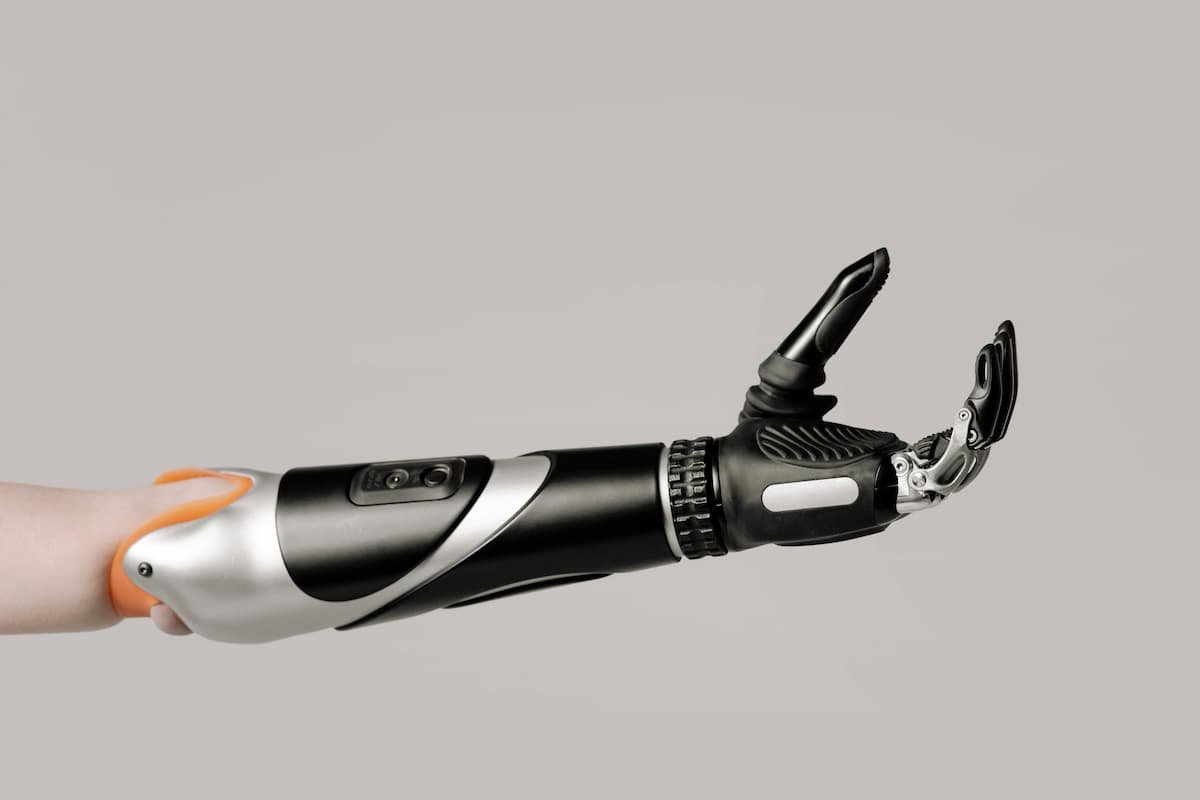In the rapidly evolving world of healthcare, technological advancements are reshaping not only patient care but also the educational frameworks that prepare future medical professionals. The integration of emerging medical technologies is heralding a new era in healthcare education, fostering innovative learning methodologies that are more engaging, effective, and aligned with the complexities of modern medicine.
Virtual Reality and Augmented Reality: Transforming Learning Experiences
One of the most revolutionary technologies in medical education is virtual reality (VR) and augmented reality (AR). These immersive experiences allow students to engage in simulated clinical environments where they can practice skills, analyze scenarios, and interact with virtual patients. By creating a risk-free setting for hands-on learning, VR and AR not only enhance understanding but also build confidence in students as they prepare for real-world medical challenges.
Artificial Intelligence: A Personalized Approach to Learning
Artificial intelligence (AI) is another powerful tool that is reshaping education in the healthcare realm. AI-driven platforms can tailor educational content to individual learning paces and styles, ensuring that students receive a personalized educational experience. Additionally, AI can analyze vast amounts of data to pinpoint gaps in knowledge, allowing educators to focus on areas where students may struggle, thereby optimizing the effectiveness of training programs.
Telemedicine: Expanding Access to Learning
The rise of telemedicine has not only transformed how healthcare is delivered but also how education is conducted. Remote learning opportunities, facilitated by telehealth platforms, enable students to connect with seasoned professionals and gain insights from practitioners around the globe. This exposure to diverse clinical practices enhances learning and broadens perspectives, equipping future healthcare providers with the skills necessary to thrive in a globalized medical landscape.
Simulation Labs: Bridging Theory and Practice
Simulation labs are becoming a cornerstone of medical education, providing advanced technology that mimics real-life clinical situations. These controlled environments allow students to practice complex procedures, make critical decisions, and experience the consequences of their actions without jeopardizing patient safety. The hands-on experience gained in simulation labs is invaluable, solidifying theoretical knowledge and translating it into practical skills.
Mobile Learning: Empowering Continuous Education
In our digitally connected world, mobile learning applications and platforms have made educational resources more accessible than ever. Healthcare professionals can now engage in continuous learning through on-the-go resources, webinars, and interactive courses available at their fingertips. This accessibility promotes lifelong learning, ensuring that medical practitioners stay abreast of the latest developments in the field.
The Road Ahead: Embracing Change
As we peer into the future of healthcare education, it is evident that emerging medical technologies are paving the way for a more integrated and effective learning experience. By embracing these innovations, educational institutions can equip healthcare professionals with the skills and knowledge needed to navigate the complexities of modern medicine.
In conclusion, the interplay between technology and medical education is just beginning to unfold. As tools like VR, AI, telemedicine, simulation labs, and mobile learning continue to mature, they promise to enhance the quality of education and ultimately improve patient outcomes. The future of healthcare education is bright, and it is our responsibility to harness the potential of these emerging technologies to prepare the next generation of healthcare professionals.

